KEDGE graduate Dominique Dufour appointed Prefect of...
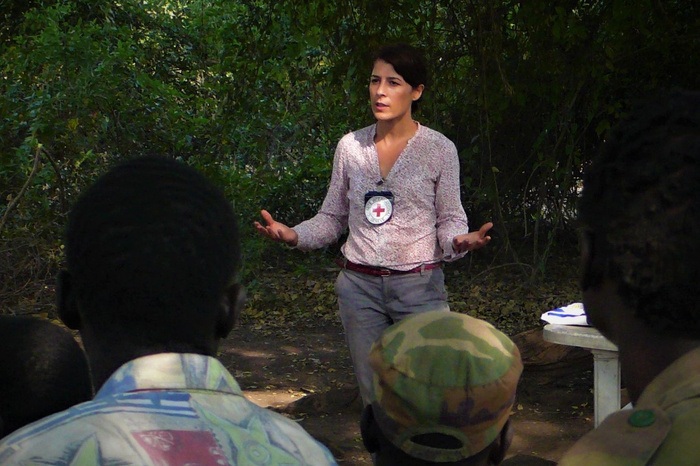
This Kedger is protecting populations in conflict zones with the International Red Cross
Wendy Fleury graduated from KEDGE Business School in 2004 and joined the International Committee of the International Red Cross (ICRC). A fascinating job, which she told us about in this interview.
Hello, Wendy! To start off with, can you tell us about your educational background: what did you study at KEDGE and before attending KEDGE?
After two years in prep school at the Lycée Joachim du Bellay (in Angers), I joined Kedge, which was called ESC Bordeaux at the time, in 1999. I knew I wanted to work abroad, but I was still having trouble identifying a path that really suited me. So, I followed a generalist path, with an international focus: General Management in English. While I was at ESC, I had the opportunity to learn about different sectors. I am passionate about oenology and did my sales internship and my gap year in the wine industry. For my end-of-studies internship, I changed courses, and did an internship with the Société Générale in New York (but I have to admit it was more for the international experience than for the banking sector that I chose that internship). I also joined Extérieur Nuit, a student association, and helped organise a short film festival.
Tell us about what you did after graduating: what jobs did you hold? What did you learn?
After graduating in 2004, I was still unsure of what I wanted to do. I wasn't really interested in the idea of "having a career", following a classic path, or working in a major company. The only thing I really wanted to do was go far away. That is how I ended up joining a small company based in Madrid, which produced economic guides on emerging countries, for investors. As a "Nomad", they would send a team of two to an emerging country, and we would have to come back six months later, with 250 pages of economic information, interviews with Ministers, and leading business owners in the country. We also had to obtain part of the financing of the guide through publicity space. This fascinating experience allowed me to discover Africa, the Magreb and the Middle East. Over three years, I lived in Kenya, Gambia, Zambia, Algeria, Egypt and Syria.
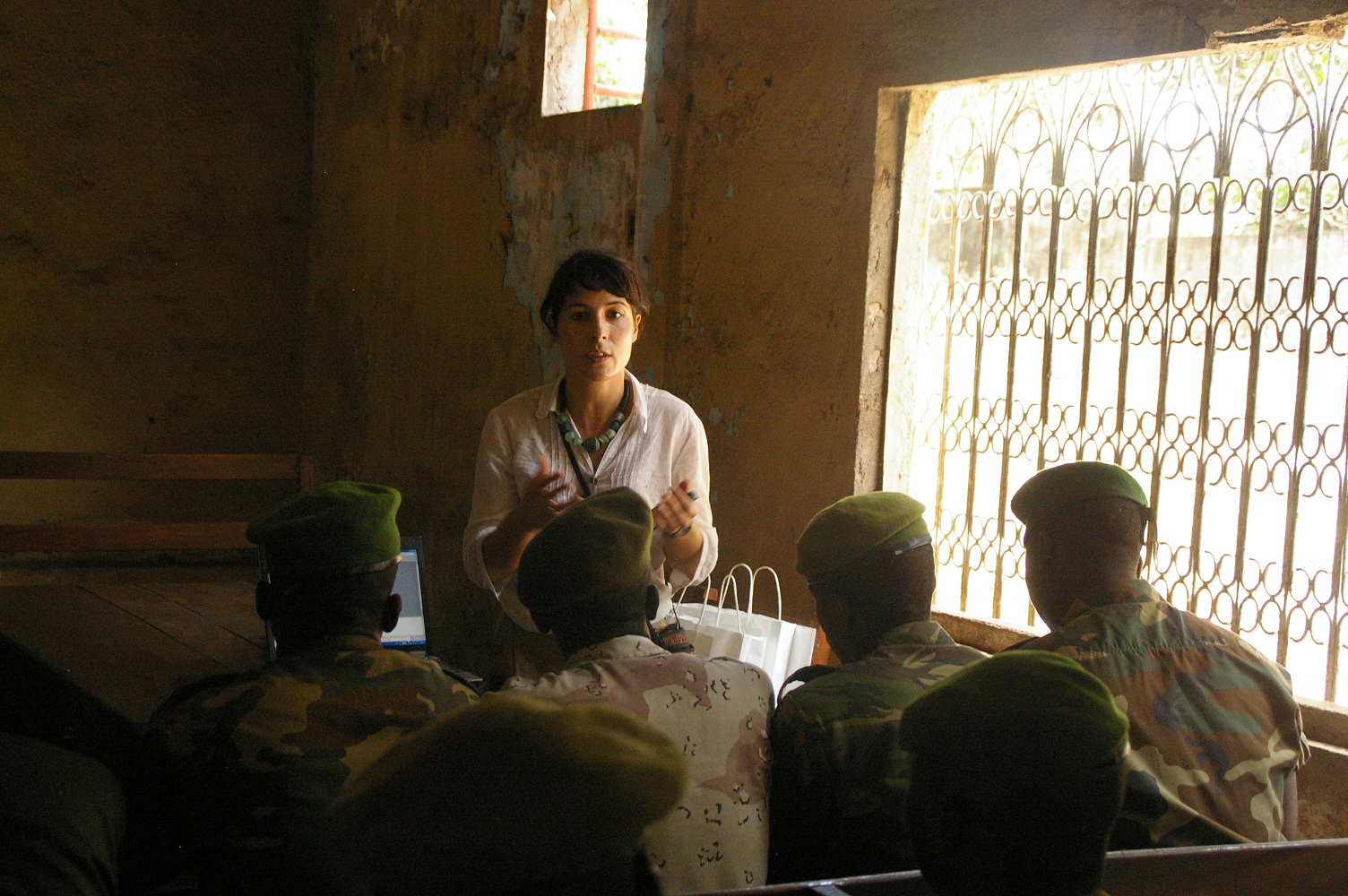
Afterwards, I worked for a magazine specialising in economic news in Africa. I was based in Johannesburg in South Africa and was in charge of the commercial development of the magazine in the Magreb. This experience enabled me to discover Libya, where I then worked as a business developer for a small Libyan company that sought to encourage European tour operators to add Libya to their tourist destinations.
Then, in 2008, I was offered a job in Dubai, with the company that was in charge of organising the final competition of the European Golf Tour, the Dubai World Championship. But the economic crisis hit Dubai in 2009 and I lost my job without being able to go the end of the adventure. With my seven years of experience in nine countries, in very different sectors, I decided it was time to move back to France. But going back was harder than I had expected: in the anglo-saxon world I had a strong profile because of my different experiences, which was considered rich and interesting. But in France, the atypical nature of my experience wasn't appreciated. I came off as a dilettante who didn't know what she wanted to do; I didn't fit in the boxes. My address book in Africa was useless, and due to my atypical CV I remained unemployed for 10 months. At the end of 2009, I finally had the opportunity to join a company in Paris, a consulting company specialising in the agro-food business that helped foreign companies reference themselves in the Mass Distribution sector in France. However, I didn't regret my seven years of relative professional instability because those experience helped me get the job I have today and that I love.
Today, you work for the International Red Cross. Tell us about your job.
After two years in Paris, international affairs caught up with me: the Arab Spring in the countries I had lived in (Libya, Egypt then Syria) and I wanted to get involved with the affected populations. I then joined the International Committee of the Red Cross (ICRC), whose headquarters is in Geneva. The mandate of the ICRS is to protect and relieve the suffering of victims of armed conflict. To do so, the ICRC deploys its action in two complementary areas:
1) Protection by reminding parties in conflict of the rules of International Humanitarian Law-IHL (Geneva Conventions) to avoid or limit violations of IHL and the consequences of conflit on the populations.
2) Assist victims of conflit (civilian population, wounded, prisoners…) to help them re-establish themselves, and reinforce their resilience (food distribution, agricultural seeds, essential needs, hygiene and sanitation programs, family reunification...).
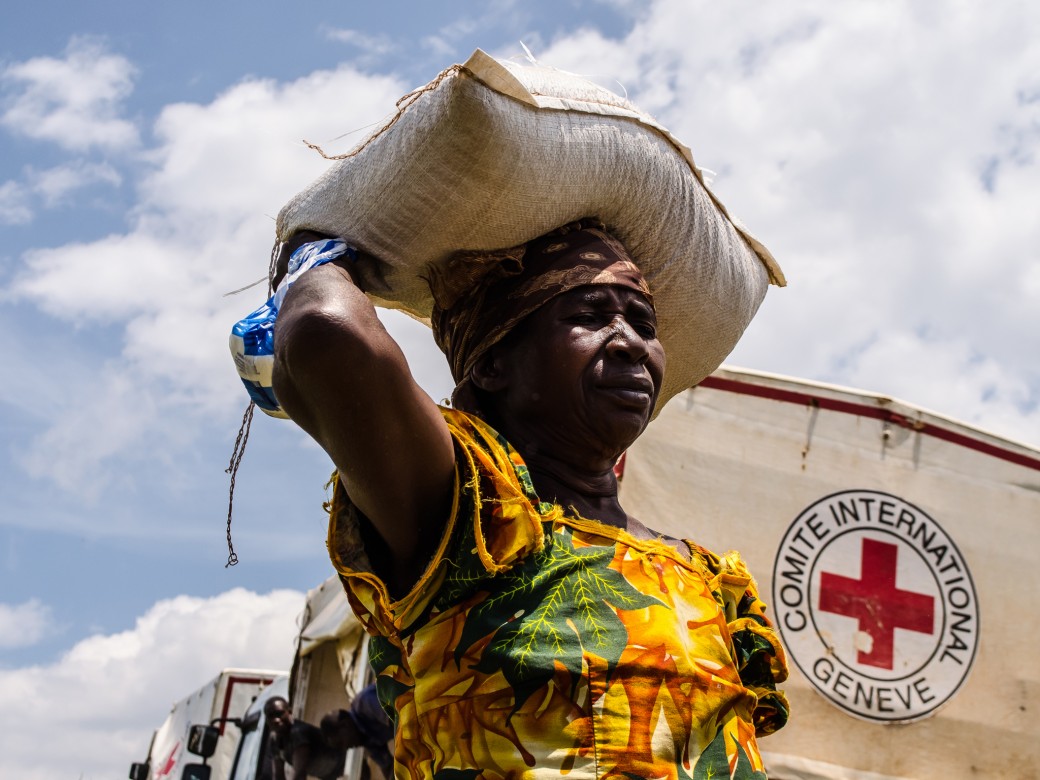
During my three years with the ICRC, I worked in Guinea Conakry and in Colombia, primarily on Protection Programmes (prison visits, negotiations with the authorities over respect for conditions of detention, training sessions for armed groups, documenting exactions...). Since 2015 (one year in South Sudan, the two years in the Democratic Republic of the Congo) I have been working as Bureau Chief, and am in charge of coordinating the different activities of the ICRC (Protection and Assistance) in a given region. I manage a team of a dozen expats and local employees, and I am responsible for analysing the context, security, and deploying the activities (which programmes make sense according to the needs, and how to implement them in light of the security situation and volatile context).
My work also requires me to be in constant dialog with armed groups (armed groups and governmental military forces) to obtain security guarantees that allow us to work safely in the zones they control, to remind them of the rules of IHL. It's fascinating work where the difficulties (life conditions, insecurity) are largely compensated by the beauty of the actions we are able to put in place, the richness in the people you meet, the team spirit, the adventures you live...
What are your objectives for the future?
Each new mission (every 18 months on average) brings us to a new place where you have to adapt to the environment, the culture, the language, understand the history, and the geopolitical problems... We exercise different functions and responsibilities because the actions implemented and the way we work is different from one country to the next (the needs of the populations are not the same in DRC and in Syria, the conflict is different in Iraq and in Myanmar, the constrains in Afghanistan are not the same as in South Sudan). So every time you have to re-learn and question yourself. In this sector, every year you live and work counts for at least the double in terms of intensity and learning. We quickly take on new responsibilities. Over the next few years, I will be required to manage even bigger teams in larger geographical areas, in operational contexts which are increasingly complex. This year, after my last two year mission in DRC, I decided to take a long break to "digest" these past seven years, and gain a renewed energy and desire to go back on another mission in a few months.
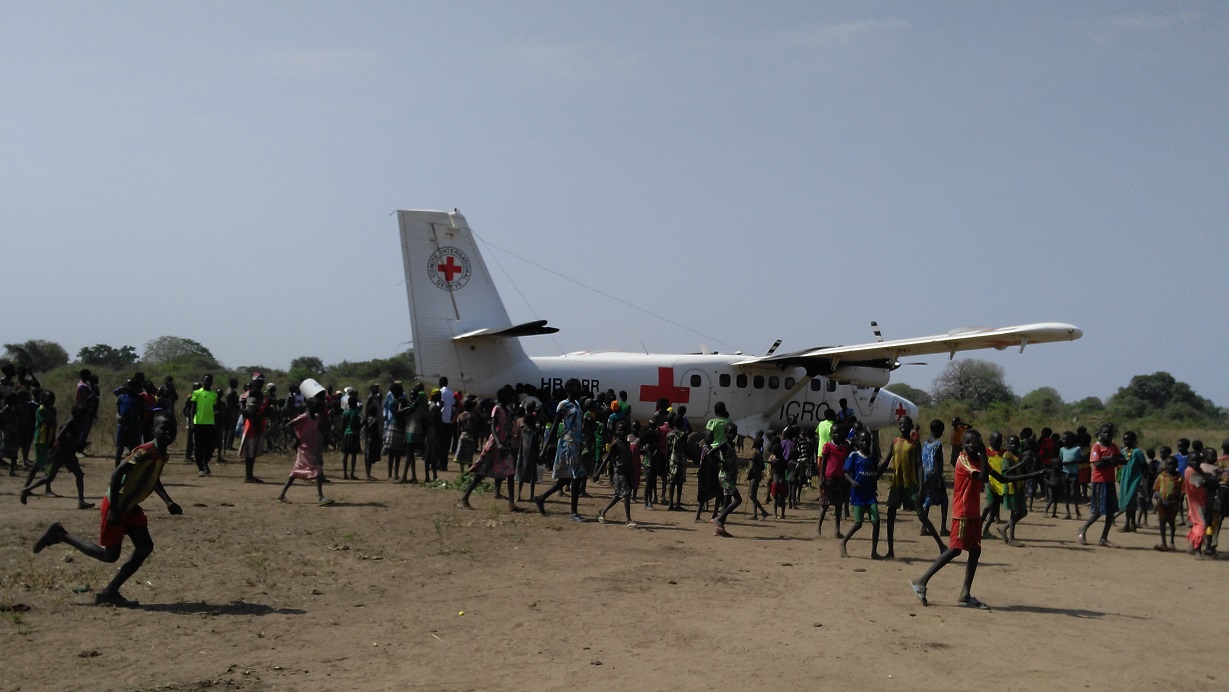
What are some of your best memories from this experience?
The best gift of gratitude we receive in our work is the smile of a mother who is able to feed her children, the laugh of a child that has found his/her family after months of being separated, or learning that a war chief has taken measures to avoid targeting civilians in planning his attack, that he gave instructions to his men to prevent looting and raping. But you can't seek out this appreciation. The populations we are trying to protect and assist remain very vulnerable; we aren't able to solve all of their problems. Indeed, as a neutral and impartial organisation, it is not ICRC's mandate to stop wards. You can't do this job hoping to change things, you have to accept that you often cannot do more than provide relief, a short break for the populations.
How did your education at KEDGE Business School help you become who you are today, how did its teachings help you develop your project?
Although my current job may seem very far from the jobs you are prepared for at Kedge, I used the "soft skills" I developed at school and afterwards every day. For example, negotiations make up 60% of my work: externally with civilian authorities, the military, armed groups, but also internally (convincing your bosses to implement one programme rather than another). Working as part of a team, speaking in public, coordinating and managing people, building a strategy, an action place, managing resources and needs...these are skills I need in my job, and for which I learned the basis at Kedge.
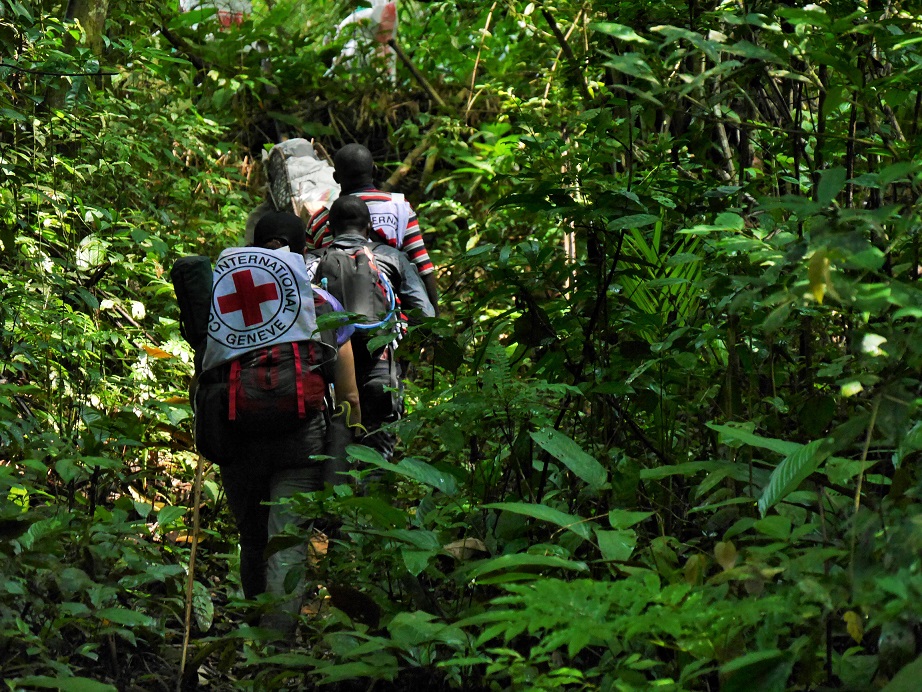
If you had one piece of advice for Kedge students or alumni who want to follow in your footsteps, what would it be?
Working in the humanitarian field isn't necessarily a classic path for a student coming out of business school. It wasn't one of my plans when I left Kedge either. Often, jobs in the humanitarian field aren't well known. We associate the sector with careers in health. However, doctors and nurses are only a small part of humanitarian workers: you can have a great career in logistics, human resources, management/project management. There are also a lot of other careers to discover, that only exist in this sector. However, I wouldn't advise that students start out with an experience in the humanitarian sector. The idea of young people that want to save the world and go off with their backpack and join an NGO doesn't exist anymore. The humanitarian sector has professionalised in the last 10 years. NGOs and international organisations (UN agencies, ICRC...) want to recruit professionals that have several years of experience and have already proven their ability to adapt and their resistance to stress. For all those who are interested in the field, I would suggest you accumulate international experience before taking the leap. Additionally, it is better to have acquired a certain maturity, otherwise you end up burning your own wings. Indeed, it's not a job that leaves you unscathed. It become a lifestyle. You learn a lot, but it also changes you. It's not without risk either. Even if we do everything we can to ensure the security of our teams (mainly by working on being accepted by the populations and the armed groups), there is no risk zero, as we have seen again in the news this week.
Anything to add?
Everyone's experience is unique and original. Kedge creates an environment that allows you to ask the question "what do I want to do with my life" with a large framework, that allows you to bounce back, change your mind, experiment, do a 180, come back... To anyone who doesn't know what they want to do yet, or how to get there, don't worry...;) But remain curious and open minded.
To learn more:
- www.cicr.org
- http://cicr.blog.lemonde.fr/
- Novel: "La haine qu’il faut" by Paul Salvanes



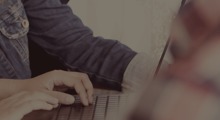
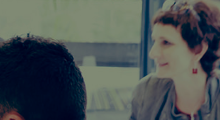
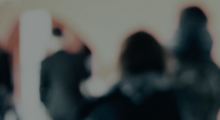
0 Comment
You must be logged in to leave a comment.
No comment